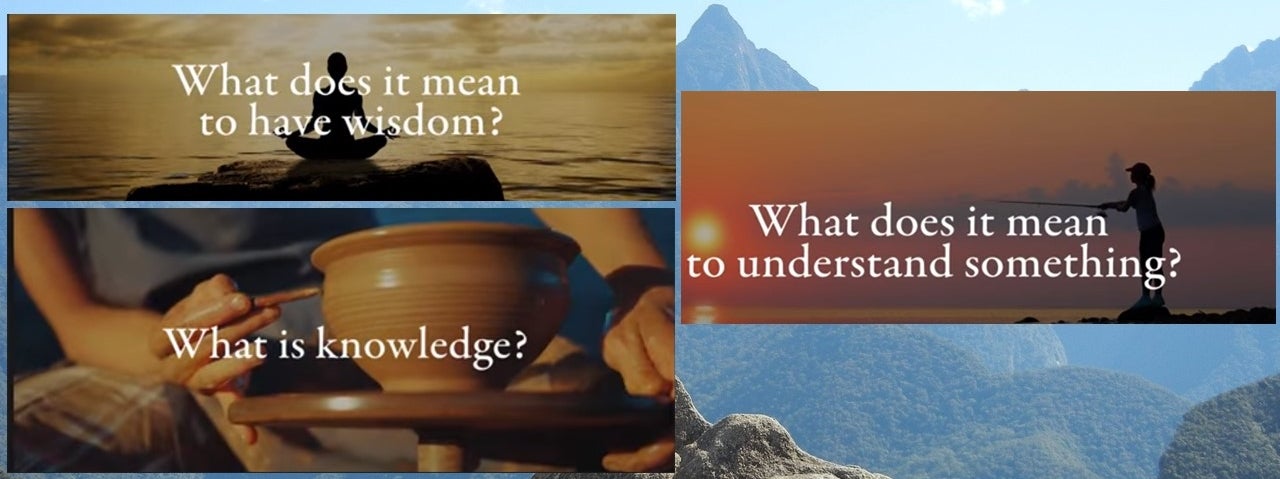
Philosophy by its nature asks difficult questions, such as, “How do you know something is a fact?” or “What constitutes wisdom?” These are questions explored for millennia in the west. But how do non-western societies across the world answer those questions? Do people ask those same questions? How do the questions and answers vary across cultures, climates, economies and religions?
The Geography of Philosophy Project asks fundamental philosophical questions of people around the world. Funded by the John Templeton Foundation and led by Pitt professor Edouard Machery, the project worked with teams in Eastern Europe, Ecuador, India, Japan, Morocco, Peru, South Africa and South Korea.
Machery was one of three Principal Investigators -- two philosophers and one anthropologist -- at the center of an international network of collaborators. The $2.5 million in funding went primarily toward constructing survey studies based on videos, behavioral games, and qualitative interviews. The project was originally scheduled to finish in 2021, but the COVID-19 pandemic caused many delays in collecting data, with sick collaborators and delayed travel.
Machery, director of Pitt’s Center for Philosophy of Science, describes the grant as a unique opportunity from a foundation that describes its mission as inspiring people with “awe and wonder.”
“Most funding agencies would not be interested,” Machery explained. “The Templeton Foundation is bold, visionary, risk taking. National Science Foundation grants do exist for philosophy of science, but they are not going to fund something unless it is a proven concept. The Geography of Philosophy Project had no hypothesis. We deliberately had no idea what we would discover.”
While unique, the John Templeton Foundation is not alone. Foundations and other entities such as the Lily Endowment and the Henry Luce Foundation fund research in philosophy and religion, and other humanities fields.
Machery describes the Geography of Philosophy Project as a major step in his 20-year history of exploring philosophical ideas across cultures. The project represents a first systematic study of the concepts of wisdom, knowledge and understanding across eight regions to ask whether, why, and to what extent the concepts vary.
Machery’s greatest surprise from the project?
“There is variation, but surprising amount of convergence,” he says. “Why is that, despite so many variations in culture, language, climate?”
“One question we asked, for example, was ‘What do you need to do to make a wise choice – ask other people or make the decision yourself?’ The overwhelming answer in most groups was to think it through individually and make your own choice, rather than rely on the wisdom of crowds or accept a group consensus.”
“We found differences in the concept of what it is to tell a lie," Machery continues. "It’s a bit complicated, but people in some cultures in South America have specific attitudes toward whether you can know the future. The future is unknowable, except by magic, so the only person who knows the future is the shaman. Lying about the future is thus quite different than what people in the west and many other people understand because lying is linked to knowledge – you can only lie about things you know, and you don’t know the future.”
The project is presenting its findings through several channels, including an innovative video that explains the multi-institutional collaborations, chosen locations, and methods of gathering the data (the first of many); and via a conference at Pitt, starting October 13.
Is there a next step? “The data analysis is an incredible challenge. We have assembled several million-word collection of texts in different languages that we want to be able to search in the future using natural language processing,” he said. “If someone is interested in doing computational analysis on the texts, please contact me.”
